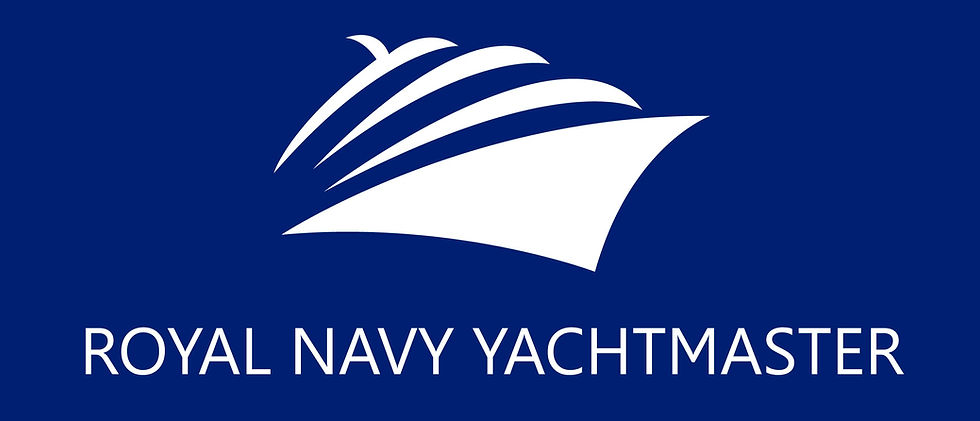Beyond the Basics: Why State Boater Cards Fall Short in Comprehensive Boating Training
- dmorris868
- Apr 17, 2024
- 2 min read
Updated: Apr 17, 2024

When it comes to boating safety and proficiency, many new boaters turn to standard state boating cards or standardized online boating training as their go-to resource. While this training serves as a foundational introduction to boating essentials, they often leave much to be desired in terms of comprehensive education. As a former Royal Navy Instructor Officer and expert boat handling coach, I've witnessed firsthand the limitations of these programs and the critical gaps they fail to address. In this article, we'll explore why standard boater cards are just the beginning of a boater's knowledge, and why seeking additional training is essential for true competence on the water.
Lack of Practical Application:
Standard boaters cards typically only focus on theoretical knowledge and regulatory requirements, neglecting the practical skills necessary for real-world boating scenarios.
Boaters may pass a written exam without ever stepping foot on a boat or mastering essential maneuvers like docking, anchoring, or navigating in challenging conditions.
Limited Scope of Content:
These standardized training programs often only cover the bare minimum of boating knowledge, leaving out or barely addressing critical topics such as a comprehensive syllabus of the Collision/Navigation Rules.
False Sense of Security:
Boaters may recieve their boaters card and/or pass a short non-comprehensive multiple choice quiz and assume that's all they need to know to safely operate a vessel. This creates a false sense of security among an inexperienced boat operator.
Individualized Learning Needs:
Every boater has unique learning needs and skill levels that cannot be fully addressed by a one-size-fits-all training approach.
Confidence and Safety:
While standard boaters ed cards provide a basic level of familiarity with boating, they may not instill the confidence or competence needed to operate a boat safely and effectively in all situations.
Additional training from qualified instructors builds confidence through hands-on practice, situational-based learning, and real-time feedback.
To truly master the skill of boating and ensure safety on the water, new boaters must seek out comprehensive training that goes beyond the basics. As a former Royal Navy Instructor Officer and expert boat handling coach, I am committed to providing personalized instruction and experiences that leave my clients feeling Confident, Safer, and Having More Fun on their boats!
For a free consultation, please call (619) 757 - 4497





Comments